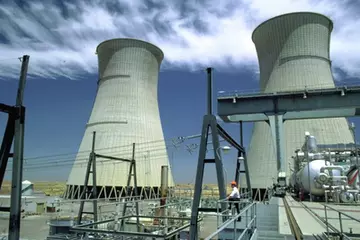Alexander Novak, Russia's Energy Department minister, said that Russia is considering reducing oil production in order to push up oil prices. However, it has not yet made the decision.
Novak said, for Russia reducing oil production is difficult. Firstly, the government budget depends on crude oil exports (76.47, -0.04, -0.05%). Moreover, Russia lacks the relevant technology, and it can't change the oil supply in the short term.
Since June of this year, the international
crude oil prices have shrunk about one-third, falling to less than 80 dollars a barrel. For Russia which relies heavily on Russian energy exports, international oil prices need to keep at least 100 dollars a barrel. Then, it can achieve the government budget balance.
But many experts believe that Russia is one of the world's leading oil producers. All the same, Russia can not push up international oil prices only by itself.
Valery Nesterov, Russian Savings Bank analyst said that due to the harsh climate and complex geographical factors, Russia could not reduce the oil production by directly closing oil wells. He said: "if you close them, Russian oil wells will be frozen."
In addition, some Russian domestic private oil companies may be reluctant to cut oil production. Uadjit Yusuf Alekperov, president of Luke Oil which is Russia's largest private oil company, said that any attempts controlling oil production is not appropriate because it may disrupt the oil market supply and demand.
Because of reducing oil production difficulties, only reducing oil exports to Russia seems to just one good way to raise oil prices. But the oil industry researchers believe that this approach is not feasible. The reason is that Russia's lack of storage devices. There is no place to store large amounts of oil.
At present, Russia's daily oil exports are about 4 million barrels a day, but the only one Russia domestic large oil storage facilities capacity is only 2.6 million barrels.


